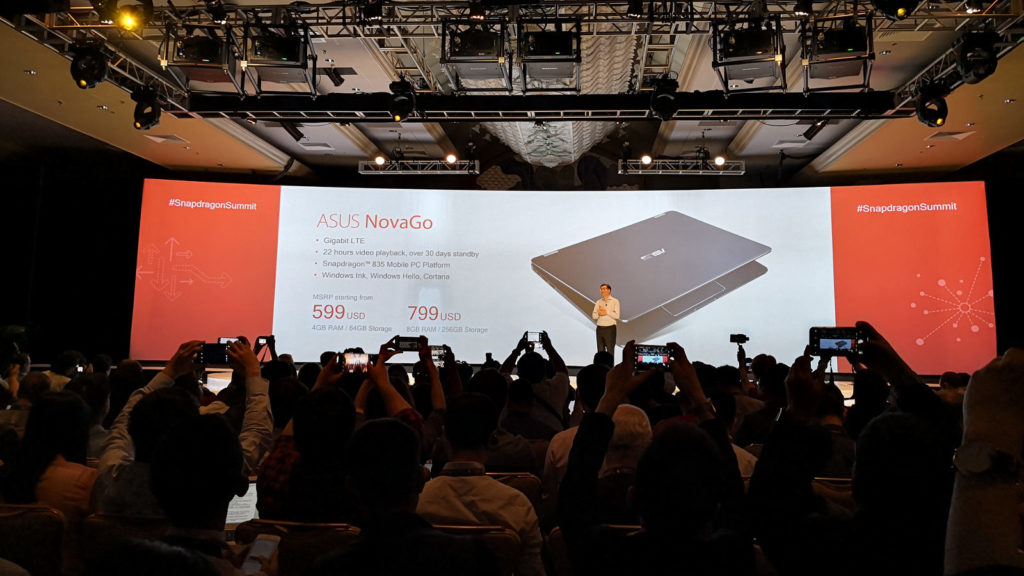With stablecoins gaining traction and regulation improving, African merchants may be nearing a crypto tipping point. Here’s why 2026 could mark a shift from hesitation to adoption.
Snapdragon 835 PCs: what about games?

Qualcomm and Microsoft have been really keen to point out the battery life in their upcoming Windows 10 PCs, touting up to 20 hours of juice for these Snapdragon 835-powered laptops.
But what about games? It stands to reason that these devices aren’t as powerful as Intel’s Core range, given the fact that they use power-efficient mobile processors. But what can you get away with playing? Should older PC titles run fine?
Microsoft Windows general manager Erin Chapple and Qualcomm’s Miguel Nunes told Snapdragon Summit attendees that while you shouldn’t expect a hardcore gaming experience, they did test a host of older games.
“…there are a number of games that we tested… and we’ve seen them run well on (the) device,” the Microsoft executive answered, without going into detail on the games they tested.
Chapple noted that high-end games and titles that are 64-bit only wouldn’t run on these devices, as they don’t do emulation of the requisite bits.
“In some games… you’ll actually see better performance on the Snapdragon-based platform because… our GPU is extremely efficient,” Nunes added.
What about power in general?
Chapple elaborated on the challenges of performance versus traditional x86 chips, noting that apps that saw high CPU utilisation would see more of a “performance degradation” than apps that heavily tapped the GPU or networking, for instance.
The Microsoft executive also revealed that they looked at the most popular apps on Windows and optimised accordingly.
“So we have a ton of telemetry on Windows 10 about what the top applications are that the customers use. So what we’ve done is we’ve looked at those top applications and we said ‘okay, we can give these applications a bit of a performance boost if we take certain system DLLs and we recompile them to ARM’. But we actually keep the calling conventions of an x86 application.”
Conventional wisdom says that pure performance should still be in Intel’s court, owing to their Core range of processors. But Nunes noted that sustained workloads should be a good fit for Snapdragon-powered PCs, owing to the energy efficient nature.
“…the other advantage you’ll see from a Qualcomm Snapdragon platform is the ability to sustain performance and not thermally throttle… compared to what you’ll see in other platforms…”
Nunes says that in certain scenarios, while using emulation, you’ll see the Snapdragon platform outperform “traditional x86” hardware.
Hadlee Simons is a guest of Qualcomm in Hawaii.

